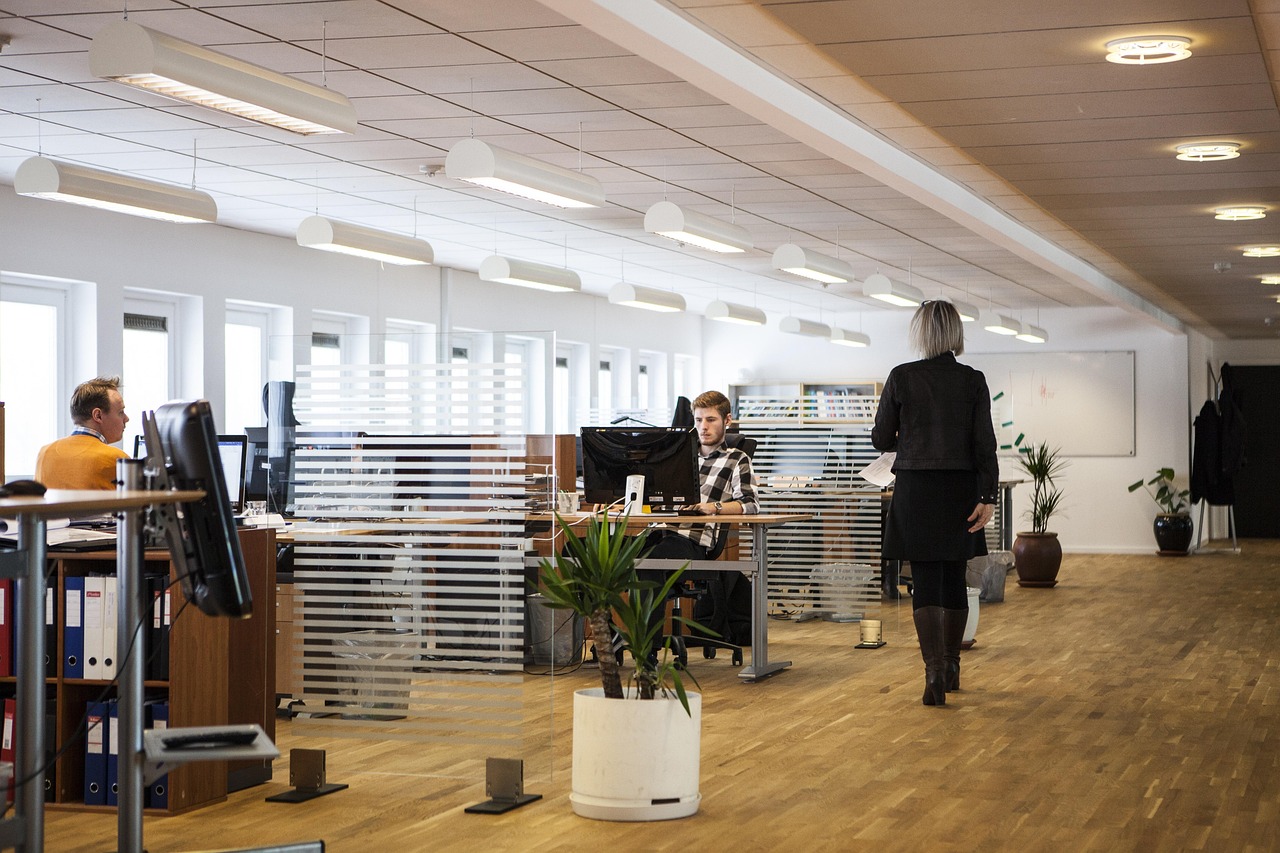Written by
Corentin Griffon
Posted on
26.12.2024

Air purifiers equipped with HEPA (High-Efficiency Particulate Air) filters are widely used to improve indoor air quality. Capable of capturing up to 99.97% of fine particles, such as dust, pollen, and certain bacteria, they are particularly popular in urban environments where pollution is omnipresent. However, despite their effectiveness, these devices have major drawbacks, in particular with regard to their environmental impact linked to the management of used filters.
HEPA filtration system

One of the main disadvantages of air purifiers with HEPA filters is the need to replace these filters regularly to maintain their effectiveness. A HEPA filter should be changed every 6 to 12 months, depending on its use and the environment in which it is used. This replacement cycle generates a significant amount of non-biodegradable waste, which often ends up in landfills, thus reducing environmental pollution.
In addition to their ecological impact, these regular replacements represent a recurring cost for users and increase the carbon footprint associated with the manufacture, transport, and disposal of filters.
To meet these challenges, a new generation of air purifiers is using microalgae to purify the air. Unlike HEPA filters, microalgae does not require frequent replacement and does not produce waste. After capturing polluting particles, microalgae can be cultivated and transformed into biostimulants for plants, an ecological by-product that promotes plant growth.
This innovative approach makes it possible not only to purify the air in a natural way, but also to reuse microalgae to create a virtuous ecological cycle, thus considerably reducing waste and environmental impact.
Although air purifiers with HEPA filters are effective at capturing fine particles, their environmental impact is still a major problem. Air purifiers based on microalgae represent a sustainable and ecological alternative, offering a solution that minimizes waste while promoting a cycle that is beneficial to the environment. In a context where the preservation of the planet has become a priority, it is essential to rethink our technological choices to reduce our ecological footprint and promote more environmentally friendly solutions.
A selection made for you.

Les COV sont des gaz polluants invisibles émis dans les bureaux. Ils nuisent à la santé et à la qualité de l’air. Bioteos propose une solution naturelle pour les éliminer durablement.

La qualité de l’air influence directement la productivité. Une étude de l’OCDE montre qu’une faible hausse des particules fines peut réduire l’efficacité des travailleurs, tandis qu’un air plus pur favorise jusqu’à +5 % de gains de performance.

Chez Bioteos, cela fait maintenant 4 ans que nous participons à ce salon. Et cette édition 2025 aura été, de loin, la plus marquante pour nous.